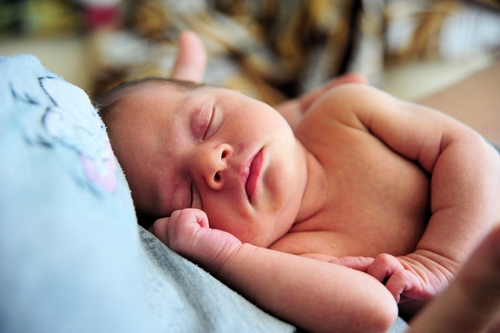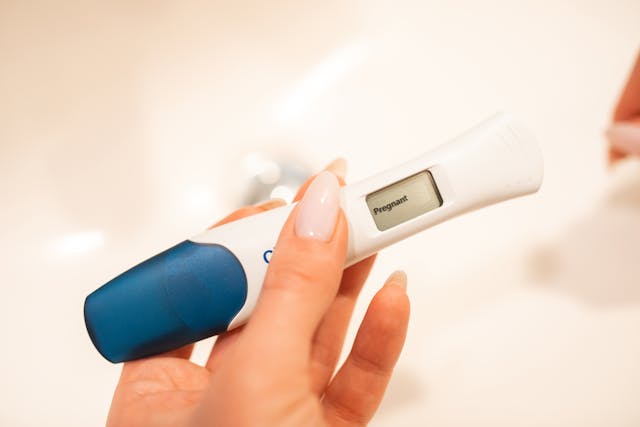No woman wants to think about the possibility of postpartum depression (PPD) when they are pregnant, but it’s important to know the signs and symptoms so that you can recognize them and seek help when you need it.
Postpartum depression is normal. Approximately 10 to 15% of women suffer from some type of mood disorder during the postpartum months. These figures make postpartum depression one of the most common illnesses today. Still, most women seem to think that it won’t happen to them. If you suffer from postpartum depression after your baby is born, know that you are not alone and you are not abnormal.
The incidence of PPD is high for several reasons, the most common reason being the hormonal fluctuations that women experience in the months after giving birth.
One of the most common myths about postpartum depression is that it always involves feelings of sadness. Some women experience resentment, anger, guilt, loss of control, inability to bond with their baby, inability to cope, and may feel as if they are worthless or a “bad” parent. Whatever your feelings may be, if they feel overwhelming or out of the norm, seek help.
PPD is more than just hormones. Hormones do play a part, but there are many factors that influence PPD. Exhaustion, lack of coping mechanisms, lack of support, and having a “high needs” baby can all affect your emotions after your baby is born.
Sometimes, having more help with the baby and more knowledge about parenting can have a great impact. Other times, counseling or medication may be necessary.
There is no shame in asking for help, whether that be from friends, family members, or professionals. Simple things like having someone watch the baby while you take a nap, chatting with an experienced mother, or confirming with your pediatrician that your baby has colic and you’re not a bad mother, can have a huge impact on your emotions and your ability to cope.
There is also nothing wrong with seeking counseling or taking medication if needed. The most important thing is that you get the help that you need early on, for the sake of you and your baby’s health and well-being.
Tips for Preparing During Pregnancy:
– Set up your support system of family and friends.
– Line up help for meals, housework, and older children for the first few weeks after baby arrives.
– Educate yourself, your partner, and your support system on the signs and symptoms of PPD.
– Prepare yourself for the possibility of caring for a “high needs” baby.
– Have at least one person you can call while crying and holding a screaming baby at 3am.




